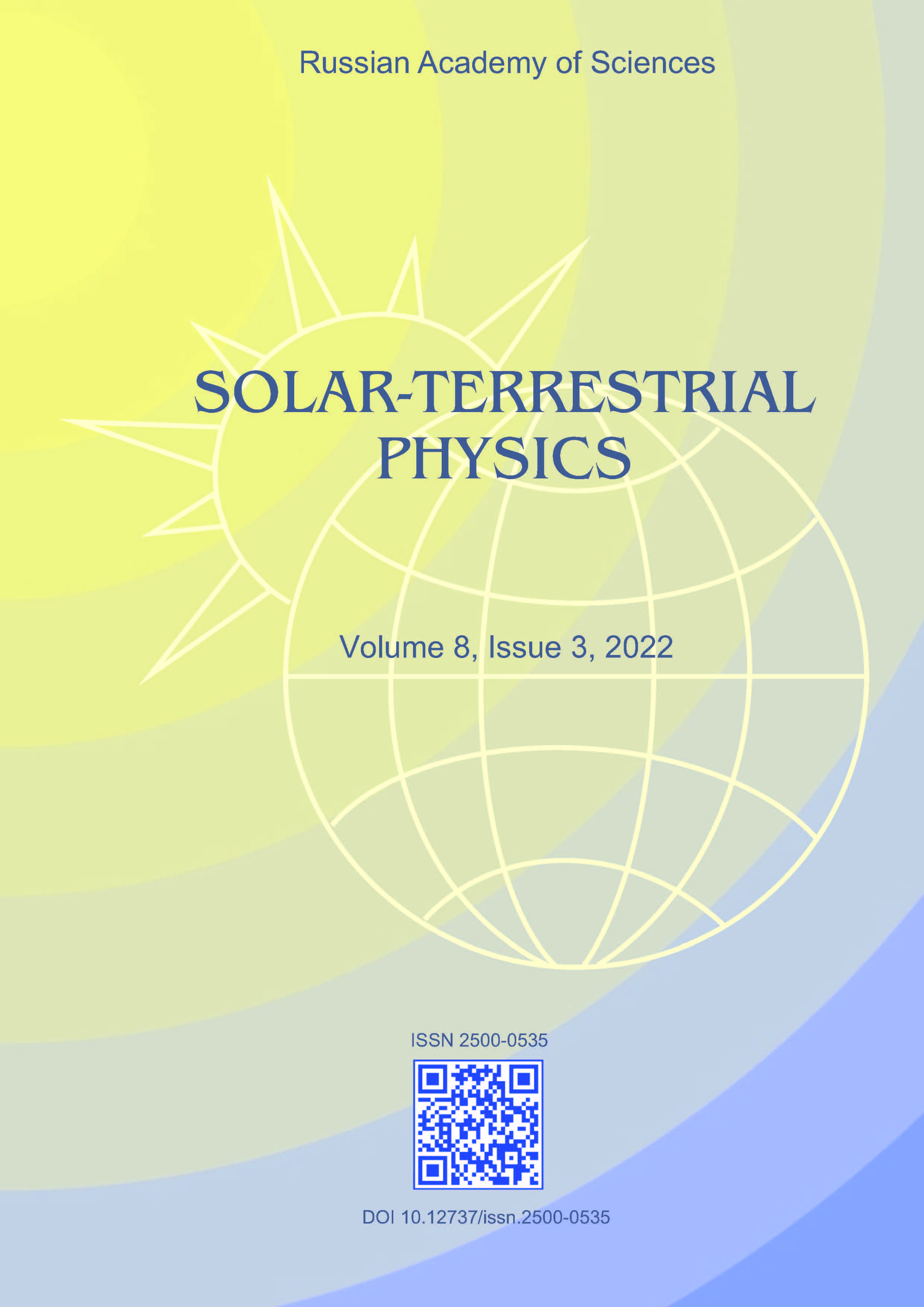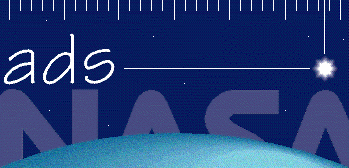Апатиты, Россия
Апатиты, Мурманская область, Россия
Апатиты, Россия
Апатиты, Россия
Апатиты, Россия
The paper reports the results of simulation of cosmic ray proton transport through Earth’s atmosphere. The main objective of this work is to obtain characteristics of secondary particle fluxes at different altitudes and to convert them to equivalent dose values. The technique for the conversion is based on numerical simulation of interaction between the particles and an anthropomorphic phantom. The paper examines two cases, using a model source of primary proton spectra as input parameters, which correspond to both purely galactic cosmic rays and solar cosmic rays. The computational results are tabulated for the altitude range from 0 km to 11 km above sea level; the upper range value corresponds to the flight altitude of civilian airliners. These results are shown to agree well with the results obtained by other research teams.
cosmic rays, astrophysics, Monte Carlo method, GEANT4, particle physics, numerical simulation
1. Allison J., Amako K., Apostolakis J., Arce P., Asai M., Aso T., et al. Recent developments in Geant4. Nuclear Instruments and Methods in Physics Research A. 2016, vol. 835, pp. 186-225. DOI: 10.1016/ j.nima.2016.06.125.
2. Amelin N.S., Armesto N., Pajares C., Sousa D. Monte Carlo model for nuclear collisions from SPS to LHC energies. The European Physical Journal C - Particles and Fields. 2001, vol. 22, iss. 1, pp. 149-163. DOI:https://doi.org/10.1007/s100520100761.
3. Butikofer R., Fluckiger E., Desorgher L., Moser M. The extreme solar cosmic ray particle event on 20 January 2005 and its influence on the radiation dose rate at aircraft altitude. Sci. Total Environ. 2008, vol. 391, iss. 2-3, pp. 177-183. DOI:https://doi.org/10.1016/j.scitotenv.2007.10.021.
4. Firoz K.A., Gan W.Q., Li Y.P., Rodriguez-Pacheco J., Kudela K. On the possible mechanism of GLE initiation. Astrophys. J. 2019, vol. 872, no. 2. 178. DOI:https://doi.org/10.3847/1538-4357/ab0381.
5. Garny S., Leuthold G., Mares V., Paretzke H.G., Ruhm W. Geant4 transport calculations for neutrons and photons below 15 MeV. IEEE Transactions on Nuclear Science. 2009, vol. 56, no. 4, pp. 2392-2396. DOI:https://doi.org/10.1109/TNS.2009.2023904.
6. GOST 25645.104-84. Luchi kosmicheskie. Terminy i opredeleniya. [GOST 25645.104-84. Cosmic rays. Terms and definitions]. Moscow, 1985, 9 p. (In Russian).
7. Heikkinen A., Stepanov N., Wellisch J.P. Bertini intra-nuclear cascade implementation in Geant4. Computing in High Energy and Nuclear Physics 2003, MOMT008, 7 p. ePrint nucl-th/0306008.
8. Loshchakov I.I.Vvedenie v dozimetriyu i zashchita ot ioniziruyushchikh izluchenii [Introduction to dosimetry and protection from ionizing radiation]. St. Petersburg, St. Petersburg Polytechnic University Publ., 2008, 145 p. (In Russian).
9. Matthia D., Heber B., Reitz G., Meier M., Sihver L., Berger T., Herbst K. Temporal and spatial evolution of the solar energetic particle event on 20 January 2005 and resulting radiation doses in aviation. J. Geophys. Res. A: Space Phys. 2009, vol. 114, iss. 8, A08104. DOI:https://doi.org/10.1029/2009JA014125.
10. Maurchev E.A., Balabin Yu.V. RUSCOSMIC - the new software toolbox for detailed analysis of cosmic ray interactions with matter. Solar-Terr. Phys. 2016, vol. 2, no. 4, pp. 3-10. DOI:https://doi.org/10.12737/24269.
11. Maurchev E.A., Balabin Yu.V., Germanenko A.V., Mikhalko E.A., Gvozdevsky B.B. Calculating the ionization rate induced by GCR and SCR protons in Earth’s atmosphere. Solar-Terr. Phys. 2019, vol. 5, no. 3, pp. 68-74. DOI:https://doi.org/10.12737/stp-53201908.
12. Maurchev E.A., Balabin Y.V., Germanenko A.V., Mikhalko E.A., Gvozdevsky B.B. Calculating the rate of ionization during a GLE event with a global model of Earth’s atmosphere and estimating of the contribution to this process from galactic cosmic ray particles with Z>2. Bulletin of the Russian Academy of Sciences: Physics. 2021, vol. 85, iss. 3, pp. 277-281. DOI:https://doi.org/10.3103/S1062873821030163.
13. Menzel H.G. The international commission on radiation units and measurements. J. ICRU. 2010, vol. 10, iss. 1, pp. 1-106.
14. Mishev A.L., Adibpour F., Usoskin I.G., Felsberger E. Computation of dose rate at flight altitudes during ground level enhancements no. 69, 70 and 71. Adv. Space Res. 2015, vol. 55, pp. 354-362. DOI:https://doi.org/10.1016/j.asr.2014.06.020.
15. Picone J.M., Hedin A.E., Drob D.P., Aikin A.C. NRLMSISE00 empirical model of the atmosphere: Statistical comparisons and scientific issues. J. Geophys. Res. 2002, vol. 107, iss. A12, 1468. DOI:https://doi.org/10.1029/2002ja009430.
16. Vashenyuk E.V., Balabin Yu.V., Gvozdevsky B.B. Features of relativistic solar proton spectra derived from ground level enhancement events (GLE) modeling. Astrophysics and Space Sciences Transactions. 2011, vol. 7, iss. 4, pp. 459-463. DOI:https://doi.org/10.5194/astra-7-459-2011.
17. URL: http://nuclphys.sinp.msu.ru/radiation/rad_5.htm (accessed June 13, 2022).

















